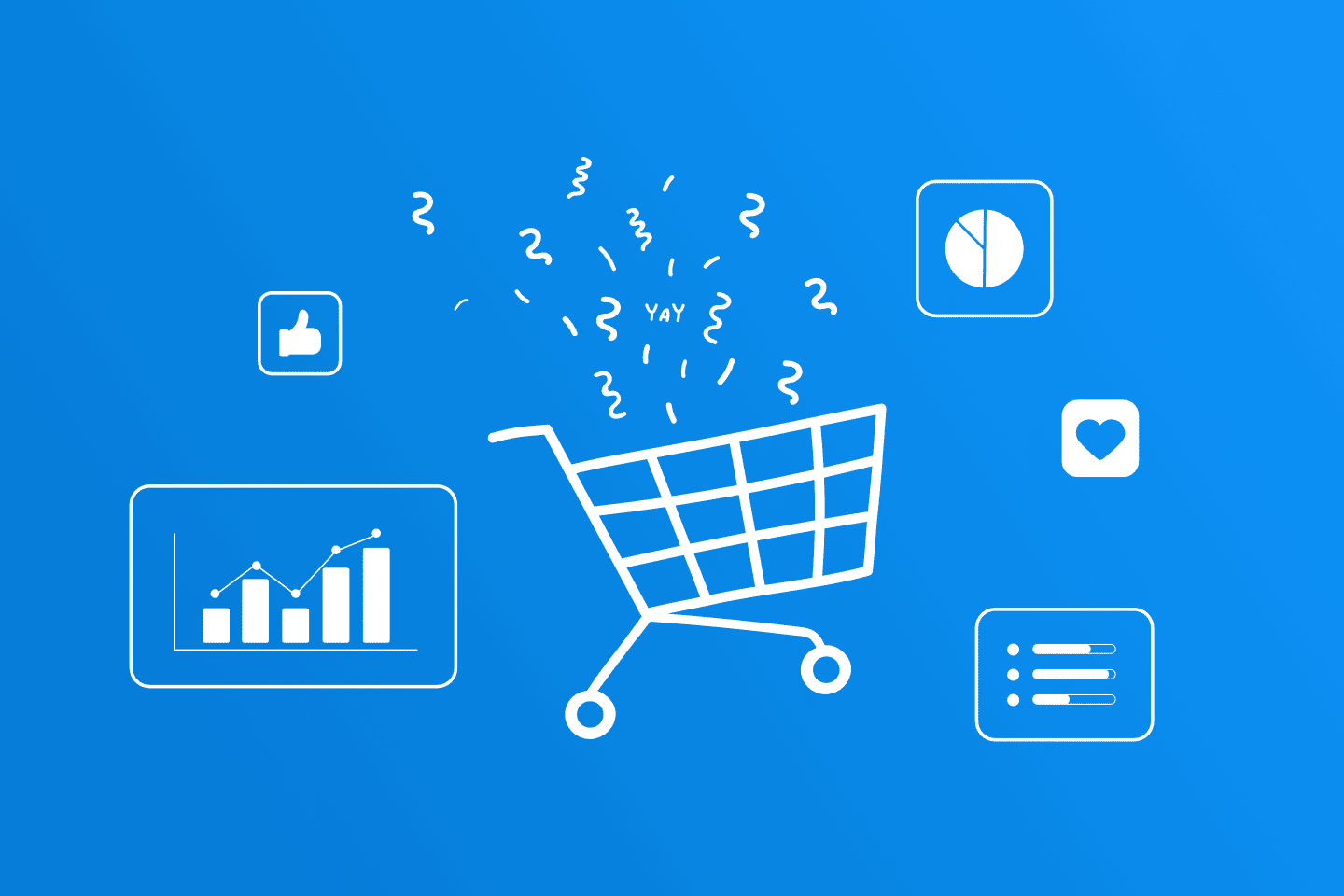Hello!
When it comes to technological advancement, retail is still catching up. To stay competitive, many businesses are eager to go online, and online shopping has already surpassed traditional shopping to some extent.
 The pandemic is still dictating the standards by which the contemporary retail sector must operate in 2023. For businesses to adjust to the needs of today’s customers, Covid has significantly altered the market and created trends in eCommerce technology that are becoming more and more prevalent.
The pandemic is still dictating the standards by which the contemporary retail sector must operate in 2023. For businesses to adjust to the needs of today’s customers, Covid has significantly altered the market and created trends in eCommerce technology that are becoming more and more prevalent.
With that said, you must know your customer’s needs and the most recent developments in this industry to remain competitive in the online retail market. We are eager to share our extensive e-commerce experience with you.
The future directions of the e-commerce sector and how they will affect the creation of software applications will be clarified in this article.
Trends in Emerging Technologies for E-Commerce Security
Both businesses and threat actors have a lot of opportunities on the internet. But the security of the business is of the utmost significance. We’ll discuss the risks and cutting-edge technologies used in e-commerce security and why you should care about protecting your online store.
Modern cybercriminals are no longer the only ones who use DDoS attacks. Hackers are coming up with increasingly sophisticated and potent ways to hurt businesses. Therefore, every retailer ought to think about protecting their online store.
In the United States, the e-commerce market is expected to reach $1 trillion in value in 2023 and more than $1.6 trillion in 2025.
Existing dangers to online retail platforms include:
DDoS Attacks
If an attacker causes your website to go down and stops responding to user requests, many of your online store’s operations may slow down. Customers will be disappointed, and there will be a loss of revenue.
Weak VPN servers
 A lot of public disturbance is typically caused by severe DDoS attacks. Hackers, however, are aware of another covert method to undermine the online retail platform. An intruder may target employees who use a free VPN download to connect to your system while working from home. A vulnerable VPN server can be disabled by an attacker, causing your entire remote workforce to be unavailable.
A lot of public disturbance is typically caused by severe DDoS attacks. Hackers, however, are aware of another covert method to undermine the online retail platform. An intruder may target employees who use a free VPN download to connect to your system while working from home. A vulnerable VPN server can be disabled by an attacker, causing your entire remote workforce to be unavailable.
Hacktivism
Hacktivism is the use of hacking to advance a political agenda. Why should online merchants worry? At least due to the problem of capitalism’s adverse effects.
Personnel Shortage in Security
Maintaining your online store’s security is the security professionals’ primary responsibility. If you do not have such experts, it would be simple to plan an attack on your e-commerce platform.
Multichannel advertising
Omnichannel marketing refers to the simultaneous distribution of promotional messages across numerous channels. For instance, you can spread the word about your brand using email and social media. However, there is a chance that attackers will intercept your messages if there are several channels.
Fraud
 Phishing fraud is the most prevalent kind of fraud.
Phishing fraud is the most prevalent kind of fraud.
By sending phony links to your customers, fraudsters can obtain personal information about them, including bank account information.
You should be able to secure your online store now that you know the flaws in the current e-commerce platforms. Discuss the most important technological developments, trends, and security measures.
Key eCommerce Technology Trends for 2023
E-commerce has a promising future. But you need to know which route to take to get there. We can get you going by outlining the key eCommerce technology trends for 2023.
Social commerce
Social media platforms have long been used for purposes other than communication. They create new business opportunities by promoting your brand, offering customer service, and enticing your customers to shop.
Social commerce is the act of directly selling goods on social networks. This online retail option provides a comprehensive shopping experience from product research to payment.
 Facebook is the most popular social media platform in the United States, where more than 30% of people make purchases. According to Statista, social commerce sales will total $2.9 trillion by 2026.
Facebook is the most popular social media platform in the United States, where more than 30% of people make purchases. According to Statista, social commerce sales will total $2.9 trillion by 2026.
If we mention Facebook once more, one-third of US users use it for shopping. A robust sales platform is TikTok as well. However, ensure it is appropriate for your target audience before using it as a social sales channel.
Buy now, Pay Later
The Buy Now, Pay Later (BNPL) service is one of the newest eCommerce technology trends. It enables customers to pay for the goods in interest-free payments.
During the pandemic, this kind of service grew especially popular because people needed flexible funding options. Customers preferred not to use their credit cards when they made purchases, making BNPL an excellent choice.
There are various BNPL types, including:
Direct providers of services like Afterpay and Klarna are one of these. The popularity of BNPL is mainly attributable to these suppliers.
Providers of retroactive services are the final category of BNPL. After the purchase, they provide the customer with flexible payment options for their credit card. American Express is one such business.
The global market for buy now, pay later is expected to reach $680 billion in 2025.
Thank you!
Join us on social media!
See you!






